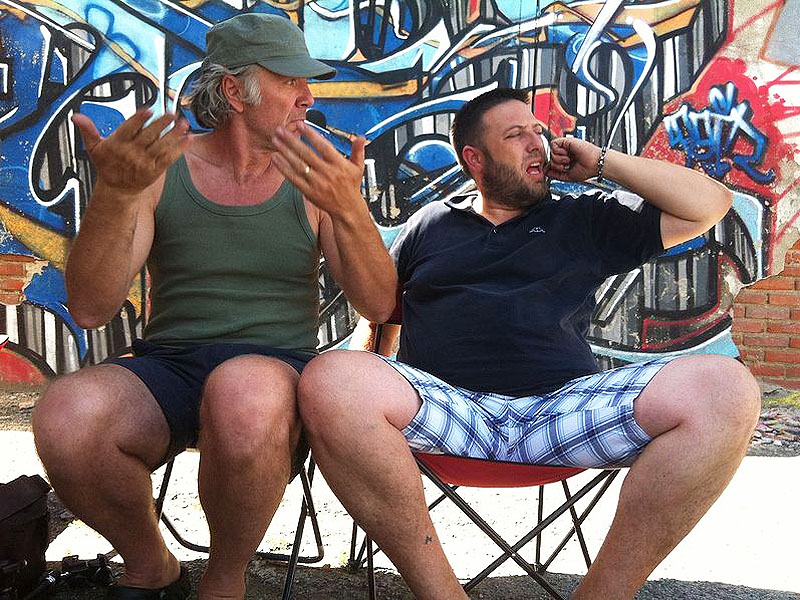Docudrama Tir (Italian slang for an articulated lorry), currently showing at the 2014 Lavazza Italian film festival, is not a typical portrayal of la dolce vita. In fact, at the showing I attended two members of the audience left the film midway through, and a bourgeois-looking older gentleman loudly proclaimed that he wanted his money back at the end.
Indeed, la vita is not so dolce at all for the film’s protagonist, Branko (Branko Zavrsan), a middle-aged Bosnian schoolteacher turned long-distance lorry driver for an Italian logistics firm. We follow him on his long journeys throughout Europe, transporting mainly agricultural produce, seemingly without end. He is away from his wife, adult child and grandchild for long periods – but the salary, at three times his wage as a teacher, seems to make it worthwhile.
The daily drudgery is well-represented – perhaps too well-represented for some of my fellow cinema-goers. But Branko’s story also reveals some deeper truths about the state of contemporary Europe, and particularly the reality of working life for the continent’s low-paid and often exploited migrant workers. Indeed, Branko is asked to work illegally long hours that his Western counterparts would be likely to refuse. Will he fall asleep at the wheel, all for a few extra euros, while his wife back home is trying to convince him to return to the school for a better quality of life but a much-reduced salary?
Meanwhile, Italian truck drivers, increasingly displaced by their Eastern counterparts, are striking for better wages and conditions. It’s a taste of the race-to-the-bottom working conditions that the European Union’s expansion, as well as generally pervasive neoliberal policies and the exploitation of migrant labour have brought to the continent.
Tir also gives a hint of the futility of the endless transportation of goods – potatoes, apples, pigs – from one European country to the next. Implicit is the time, energy and human cost involved in this transportation, as well as the prevalence of low-paid (and sometimes horrendously brutalised) migrant workers in agricultural industries.
While far from light entertainment, Tir is an important film showcasing the reality of life in Italy today, away from the holiday playgrounds and cultural clichés that tend to dominate the country’s portrayal. •




